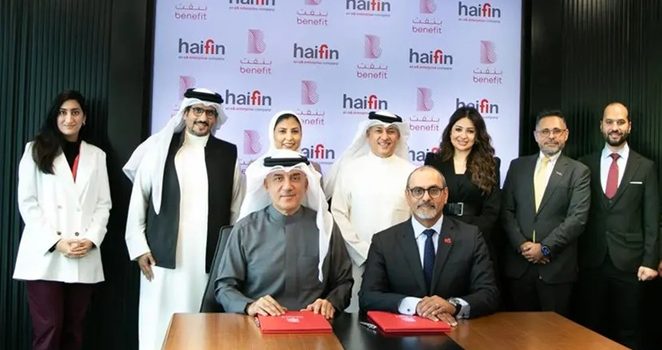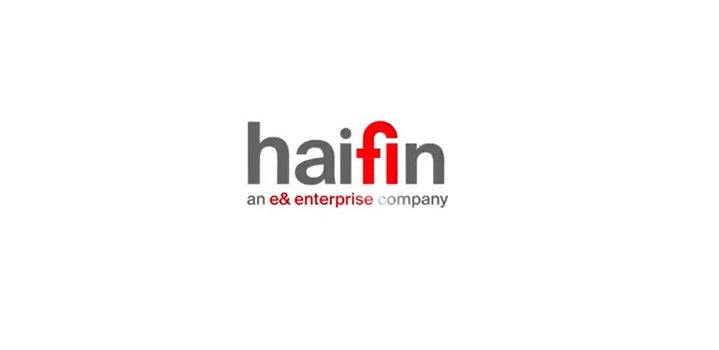Founded by Hussein Ahmed originally from Egypt, Limited, a next-generation fintech startup offering stablecoin-based premium global banking services, has raised a $3 million pre-seed funding round led by Third Prime, with participation from The House Fund and Arche Capital.
As per the press release, the company, aims to transform how businesses and consumers worldwide interact with money by merging the best of crypto technology with the familiarity of traditional banking—minus the institutional vulnerabilities seen in failing banks or centralized exchanges.
Stablecoins have seen meteoric growth in recent years, with on-chain transaction volumes exceeding $12 trillion in 2024, far outpacing major payment networks like Visa. By placing assets in self-custody wallets, Limited users retain complete control of their funds—safeguarding them from the risks of bank collapses or platform failures.
“We believe financial services, while sometimes perceived as boring or soulless, are deeply personal,” said Hussein Ahmed, Limited’s founder and CEO. “Money is a huge part of our lives—both for businesses and individuals—and should be managed thoughtfully and elegantly. We took the best aspects of stablecoins—speed, low cost, self-custody—and merged them with a user experience similar to, and even better than, traditional banks, so our customers can stay protected, enjoy global access, and avoid the pitfalls of failed institutions.”
Third Prime, a New York and Nashville-based venture capital firm whose portfolio includes prominent fintech and crypto players like Circle, Chime, Octane, Kafene and Yellow Card led the $3 million round.
Its Co-founder and General Partner, Wes Barton, underscored the timing, “Limited’s unique approach—secure self-custody stablecoins, global banking accessibility, and a frictionless user experience—aligns perfectly with our thesis that the future of finance is decentralized, trusted, and user-centric. We have seen Hussein’s track record in building great products, and we’re convinced Limited can reshape global financial services.”
Co-leading the round with Third Prime is The House Fund, a UC Berkeley–focused venture firm founded by Jeremy Fiance—who was also an early investor in Hussein’s previous venture, Oxygen—alongside other prominent crypto and FinTech founders. Hussein originally founded Oxygen and grew it to over one million accounts. While Oxygen focused on the U.S. market leveraging traditional banking rails, Limited takes that vision a step further by integrating stablecoins and self-custody into the day-to-day global banking experience.
“We’ve witnessed Hussein’s drive to simplify complex finance solutions throughout his time at UC Berkeley Haas and with Oxygen,” said Jeremy. “Limited brings accessibility, security, and speed to a global audience.” The House Fund has also backed leading AI and FinTech infrastructure innovators, including Databricks, Perplexity, and Flexport.
Arche Capital, backed by major LPs with a focus on the intersection of crypto and fintech, also participated in the raise.
“Limited combines stability, transparency, and practical innovation to solve a critical challenge in global finance,” said Vanessa Grellet. “While many solutions remain fragmented and complicated, Limited stands out by making cross-border transactions faster, more affordable, and truly self-directed,” added William Wolf.
Inspired in part by the American Express model, Limited offers premium Visa and MasterCard options worldwide, their own, spanning White, Silver, and Gold tiers, and also enables co-branded card programs for brands seeking a global footprint. This approach lets partners easily design, launch, and fully manage customized cards that significantly boost customer engagement and loyalty—unlike typical co-branded offerings that are restricted to local or regional deployments.
Limited caters to high-end users. The Limited Gold Card comes with 24/7 global concierge services, exclusive perks like complimentary breakfasts at luxury hotels (including the Ritz-Carlton and Mandarin Oriental), free rental days at Hertz, and top-tier travel experiences that rival the best in the market. Simultaneously, the company supports instant, near-zero-fee cross-border payments in over 140 countries, using more than 300 local payment methods (such as WeChat, Pix, SPEI, GrabPay, and others) across 80 currencies.
Limited operates globally—excluding sanctioned and restricted jurisdictions—and aims to position itself as the go-to solution for businesses, entrepreneurs, and individual customers seeking a stable and efficient alternative to conventional banking.



















